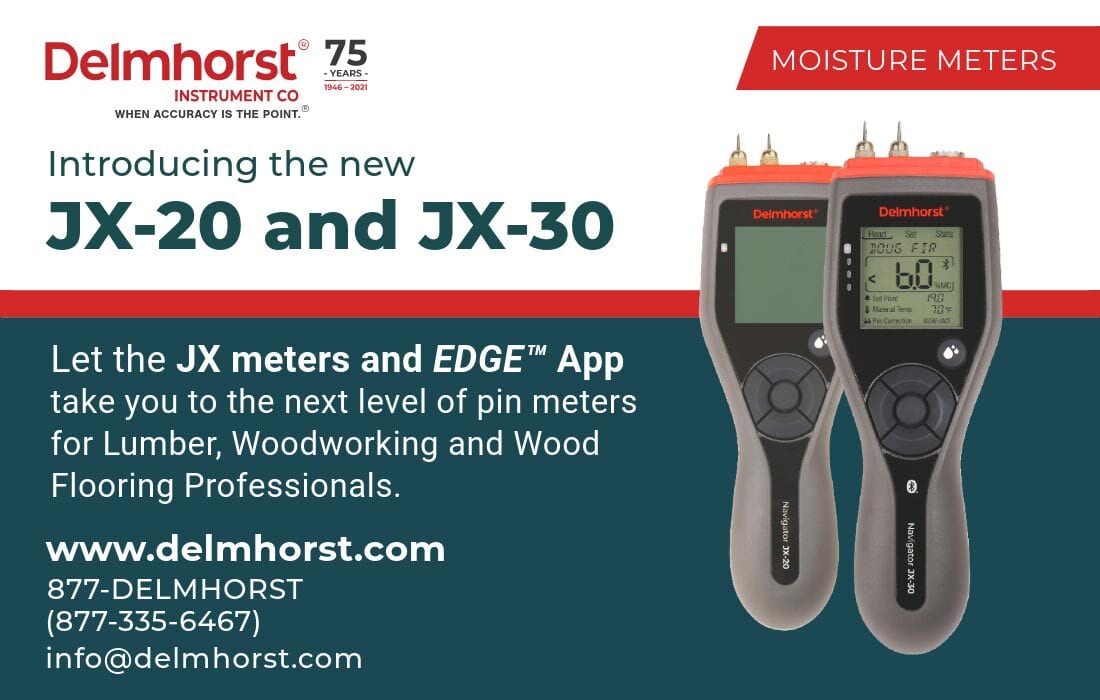By Xxx
Moisture Meters for the Flooring Industry
introduction
Photo: Walter Bell | FloorSciences
Moisture meters are indispensable instruments that should be in the toolbox of every flooring installer and inspector. The installation and evaluation of a flooring system often starts with testing the moisture conditions. The question to a flooring installer, applicator or inspector should not be if they have a moisture meter but what types of meters they have.
Most all flooring made from a natural product, such as wood, cork, linoleum, bamboo, rubber and other natural materials, will expand and contract as the material absorbs and releases moisture. Temperature also affects the dimensional changes to natural products in addition to many synthetic flooring products as with most vinyl and textile flooring.
In addition to the flooring, it is critical to know the moisture condition of the subfloor, whether it is wood, gypcrete or concrete. Excessive subfloor moisture can cause bond failures, delamination, blistering, deterioration, microbial growth, dimensional changes and other problems.
Many of the manufacturers featured in this guide have responded to the needs of the flooring industry with innovative instruments to evaluate moisture conditions of flooring and the substrates.
While some meters have a single function, there are multifunction meters that can have the capabilities of two, three or more single-function instruments. With the decrease in size of internal electronics and other technological advances, we are seeing more meters with increased capabilities.
Determining the types of meters needed by an installer or inspector requires some research. Having the right meters and knowing how to use the data they produce can determine the success or failure of a flooring system.
This guide will show what meters suit the flooring and substrates that an installer or inspector may need to test. It also shows additional features that users may find important and that can make their job of evaluating and documenting moisture conditions more efficient.
The manufacturers chosen for this guide have USA-based customer service and brick-and-mortar facilities to support these devices' sales, distribution, calibration, and repair. Moisture meters should be considered a critical instrument for any flooring professional and as such, professionals should use professional-grade instruments that also have reliable after-the-sale support.
In today’s online marketplace, there are numerous products available through online-only sales channels that have no traceable accuracy and no or limited pre-and post-sales support. These type products are not included in this guide as they are unsuitable for professional use.
When temperature and humidity reading accuracy matters, meters need to have NIST traceable calibration certificates. NIST is the National Institute of Standards and Technology of the United States Department of Commerce. Measurements in the United States, including temperature and humidity measurements, are based on the precise NIST reference standards. Computers and cellphones in the USA are synchronized with the NIST official time clock.
Some flooring industry standards require NIST traceable calibration of temperature and humidity sensors. When temperature and humidity meters (thermo-hygrometers) are serviced and periodically throughout their service life, they should be checked for accuracy with some uses needing annual calibration certificates.
When considering a meter, features to consider are listed below. For those on a budget, selecting professional meters that have additional functionality that can be expanded with future purchases of accessories might be a smarter option to ultimately have better and more advanced instruments.
CONCRETE SLAB INTERNAL RELATIVE HUMIDITY MEASUREMENTS
THERMO-HYGROMETER MEASUREMENTS
ELECTRODE PIN MEASUREMENTS
THE MANUFACTURERS
DeFelsko Corp.
defelsko.com
Established: 1965
Headquarters: Ogdensburg, New York
DeFelsko has its roots in manufacturing instruments in the USA for the coatings industry and is not as well known in the floor covering industry. A more recent introduction to their line is the in situ probe for in situ testing of concrete slab internal relative humidity.
Delmhorst Instrument Co.
delmhorst.com
Established: 1946
Headquarters: Towaco, New Jersey
Delmhorst has been making moisture meters for almost 80 years and is among the few U.S. manufacturers. They have been an industry innovator in pin-type meter technology. We’re looking at six of their meters for use in the flooring industry that include functions for pin readings, nondestructive scanning, and concrete slabs. Delmhorst’s tag line, “When Accuracy is the Point,” sums up their reputation for meter accuracy and quality.
James Instruments
ndtjames.com
Established: 1984
Headquarters: Chicago, Illinois
James Instruments is known for the quality of its nondestructive testing instruments used in the concrete industry. As part of their product line, they include a moisture meter suitable for the flooring industry that is included in this guide.
Lignomat
lignomatusa.com
Established: 1979
Headquarters: Portland, Oregon
Lignomat has been a leader in the budget-priced moisture meters for the flooring industry for many years. They have a wide range of meters for pin measurements, scanning, and in situ concrete relative humidity testing, with seven meters featured in this guide.
Protimeter
protimeter.com
Established: 1950
Headquarters: Wallingford, Connecticut
Protimeter has been manufacturing professional moisture meters for more than 70 years. They are one of the first to have meters for in situ concrete relative humidity testing. Three of their meters are featured in this guide with two of those being upgraded models released this year.
Tramex Meters
tramexmeters.com
Established: 1974
Headquarters: Ireland
USA: Brooklyn, New York
Tramex is one of the original manufacturers of instruments for in situ concrete relative humidity testing. Their innovative nondestructive technology for concrete is featured in two of the four meters in this guide. Their meters are made in Ireland.
Vaisala
vaisala.com
Established: 1936
Headquarters: Vantaa, Finland
USA: Woburn Massachusetts
Vaisala has been manufacturing precision measurement instruments for almost 90 years and has a heavy presence in the industrial sector. They are one of the original manufacturers with a meter for the in situ concrete relative humidity test method.
Wagner Meters
wagnermeters.com
Established: 1965
Headquarters: Rogue River, Oregon
Wagner has long been known for its noninvasive scanning meters for the wood industry. They have been a leading manufacturer of the in situ relative humidity probes. We’re looking at five of their scanning meters for wood and one for concrete slabs in addition to their system for measuring in situ concrete relative humidity.



